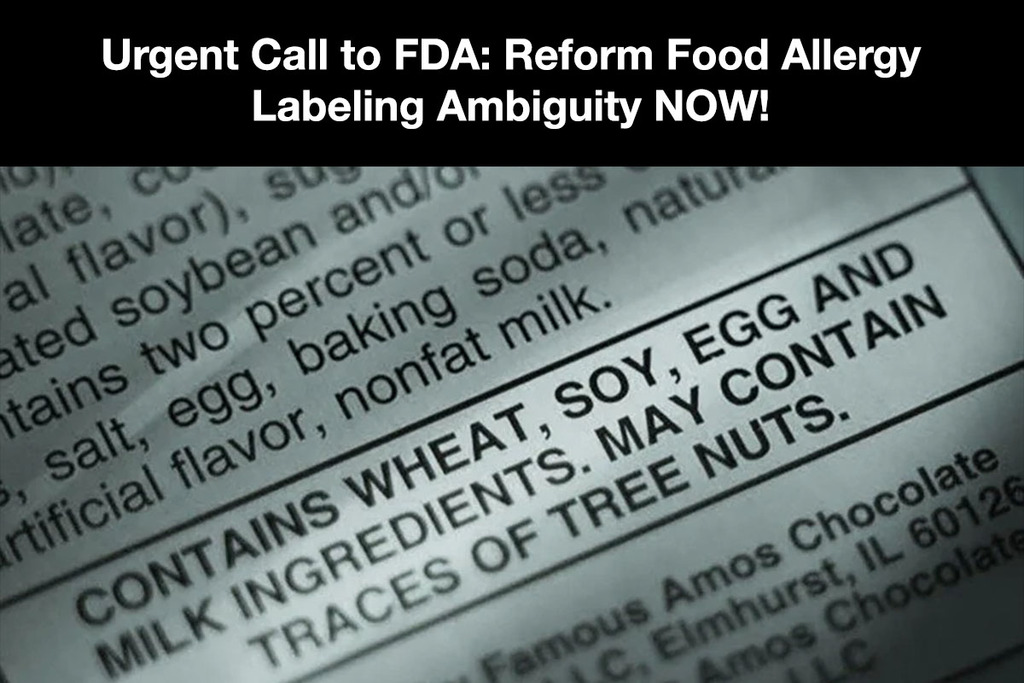News of the tragic death of 25-year-old Órla Baxendale brought global awareness to the dangers of food allergies, showing how a simple act like eating a cookie can lead to disaster for an entire family.
Cookies United, the company that made the cookie responsible for Órla’s death, changed the ingredients by adding peanuts and eggs. Stew Leonard’s, the company that white-labeled the cookies (i.e., branded them under their own name), did not update their labels to reflect the new ingredients, in line with US allergen labeling regulations known as FALCPA.
Órla, who had a peanut allergy and was known for being meticulous in avoiding peanuts, unknowingly consumed her allergen and suffered anaphylaxis, which led to her death.
While both companies blame each other for the mislabeling, one thing is certain: the procedures between them to ensure proper labeling broke down. The FDA must investigate this disaster and determine where additional regulations regarding whitelabeling need to be established.
But there’s a deeper issue that few discuss, one that consistently threatens the food allergy community: voluntary precautionary allergen labeling (PAL).
Including PAL warnings like “May contain milk” and “Made on equipment that also processes tree nuts” is completely voluntary for the manufacturer. Some include them, many major brands don’t, and others warn about one allergen but not another. The FDA has little to say over PAL warnings since they are unregulated.
If a prescribed, standardized PAL warning had been in place when the cookies in question were first introduced, they would have carried a warning like “Made in a facility that processes peanuts and eggs.”
Knowing the little we know about Órla from her family’s statements, it’s unlikely she would have purchased the cookies in the first place, knowing there was the potential for cross-contact and mistakes in labeling.
And that is a tragedy for the estimated 33 million Americans in the US with food allergies: they often have no idea how most packaged foods are made regarding their allergen concerns. Even worse, they are given a false sense of security when a product lacks a PAL warning or when an app recommends the product as safe due to the absence of such a warning.
We need better. The FDA must step up and close this loophole that continually endangers the food allergy community.
To that end, please sign our petition urging the FDA to make four straightforward changes to allergen labeling that will significantly improve the protection for the allergic community, and consider sharing the petition with family, friends, and co-workers.
In the meantime, have you ever wondered how manufacturers decide whether to include voluntary PAL warnings? The details might shock you. Check out our exposé titled When a Manufacturer Says ‘Trust Us’ Regarding Allergens.
When a Manufacturer Says ‘Trust Us’ Regarding Allergens






